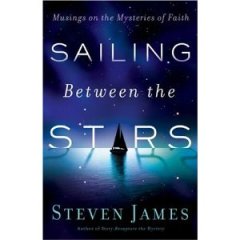We demolish arguments and every pretension that sets itself up against the knowledge of God, and we take captive every thought to make it obedient to Christ.
2 Corinthians 10:5, NIV*
Tuesday morning, yesterday now, I curled up with my Bible and journal, tea at hand, reminding the Lord that I still didn’t have anything for today’s post.
Since He nudged me into blogging in 2008, He’s given me a devotional thought to share each week. Sometimes it comes early, sometimes it’s pretty close to the finish line, but He provides every time.
I don’t fret about it anymore, although I do like a few days’ breathing space in case something else in my schedule goes boink. So no stress on that account, but something else was bothering me this time.
When I tried to read the day’s psalm, my spirit felt tight, shrink-wrapped. Instead of pushing on, I stopped to pray. “Lord, there’s some kind of blockage. I feel… well… like You’re holding out on me.”
Everything seemed to hush.
Okay.
I knew that lie! It’s so old, it goes back to the Garden of Eden.
Truth defeats the lie, so I asked God to give me a verse to counter it. I knew He wasn’t holding out on me, because He’s not like that. He gives good gifts. “Every good and perfect gift is from above, coming down from the Father of the heavenly lights, who does not change like shifting shadows.” (James 1:17, NIV*) That was my answer, although I didn’t remember the reference.
And if we ask Him for bread, He won’t give us a stone.
“Recognize the lie—defeat it with truth.” I’m hearing that a lot lately. It’s one of the things God is working on in me, but it’s also something to share today. I’m not the only one learning this particular lesson.
God who is holy, faithful and true, You know we’ve accepted lies and they’ve diminished us. Some of them are so rooted-in that we think they’re true. Shine the light of Your Word into our darkest places, reveal the deceit, and help us to replace it with Your truth. Teach us how to believe and rely on Your Word.
∞
Jonny Diaz’ song, “More Beautiful You,” counters one type of lies we face. The line “Don’t buy the lies” applies to them all…
*New International Version (NIV) Holy Bible, New International Version®, NIV® Copyright ©1973, 1978, 1984, 2011 by Biblica, Inc.® Used by permission. All rights reserved worldwide.



